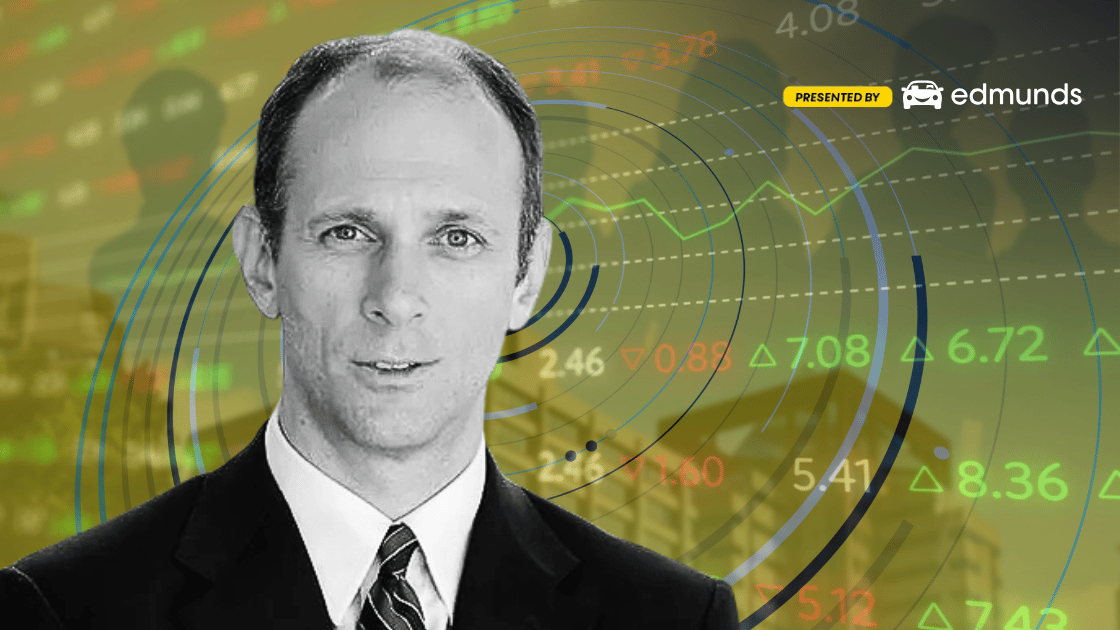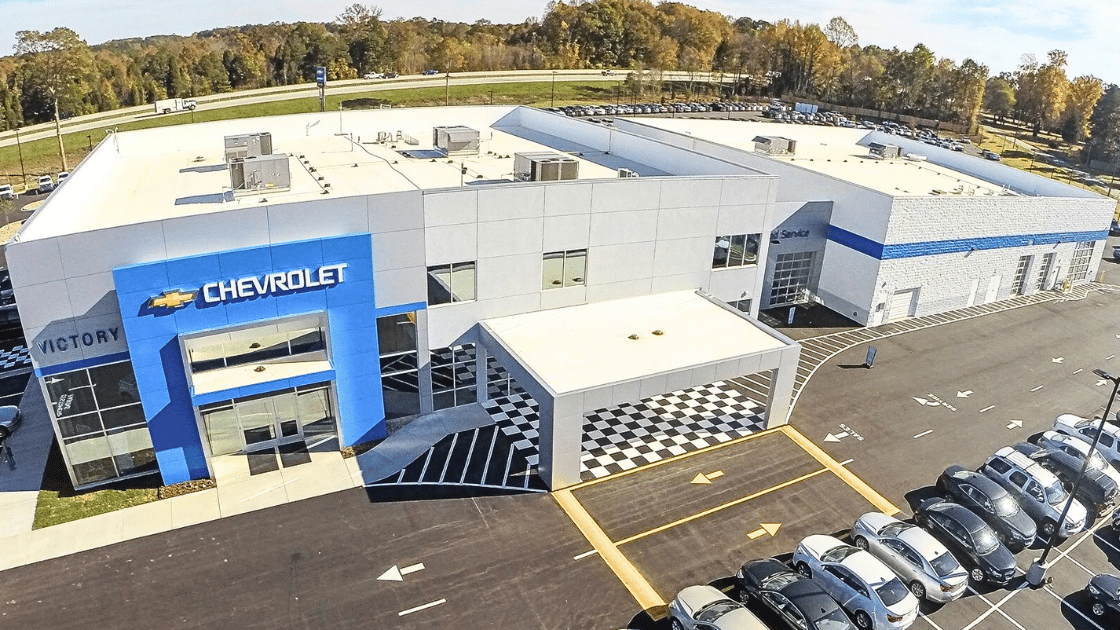
There’s plenty of speculation about how tariffs could impact the U.S. economy, but a federal bank CEO has raised a key concern: the uncertainty alone could slow down federal fund rate decreases.
The details: Austan Goolsbee, CEO of the Federal Reserve Bank of Chicago, said this week at the bank’s Automotive Insights Symposium, expects fund rates to continue to decrease over the next year, although the looming threat of tariffs could slow the decline, despite strong economic indicators that support the case for interest rate cuts.
According to Goolsbee, key indicators supporting rate decreases include the economy approaching full employment and sustained strong consumer demand.
He also points to progress toward the Federal Reserve’s 2% inflation target, including improvements in housing inflation.
A look at recent economic data backs up Goolsbee’s position:
Unemployment: Dropped to 4.1% by the end of 2024.
Consumer Price Index: Increased 2.9% over the last 12 months, per the U.S. Bureau of Labor Statistics.
Consumer sentiment: Rose for the fifth consecutive month in December, reaching its highest level since April 2024, per the University of Michigan index.
Yes, but what makes tariffs especially concerning is how they could distort the Fed’s ability to assess inflation. If new tariffs cause supply chain disruptions and push prices higher, the Fed could misinterpret that inflation spike as economic “overheating” rather than a temporary supply shock. That uncertainty could make central bankers hesitate on rate cuts.
“The more we go without an abrupt switch where we're trying to figure out whether inflation is coming from tariff policy versus overheating, the more able we are to just reflect on the underlying conditions,” Goolsbee said.
Worth noting: Though Goolsbee highlights tariffs as a key uncertainty, he also flags the wildfires in Southern California which could result in up to $75 billion in insurance losses, and may lead bankers to take a more cautious approach.
Looking ahead: Business leaders—especially automakers—are increasingly worried about the real impact of tariffs, said Goolsbee.
OEMs generally believe they can pass higher costs on to consumers, but that depends on whether demand remains strong.
The real squeeze could hit parts makers, who would face higher costs for steel, foam, and electronic components without being able to raise prices.
Become an automotive insider in just 5 minutes.
Get the weekly email that delivers transparent insights into the car market.
Join 90,000+ others now, it's free:
In today's automotive landscape, car buyers invest more time than ever in researching, considering, and comparing options. But for dealers, the challenge lies in pinpointing the audience ready to make a purchase.
Enter Premier by Edmunds.
Premier offers dealers a groundbreaking way to connect with in-market car shoppers precisely when, where, and how they prefer. With over 20 million monthly visits, Edmunds.com is the go-to destination for buyers seeking market insights, expert advice, and budget tools to make informed decisions.
Through Edmunds Premier, dealers gain access to this highly coveted audience. Simply list your new and used inventory on Edmunds, and watch as qualified, in-market traffic flows directly to your vehicle detail pages on your website.
Don't miss out on this opportunity to elevate your dealership's visibility and sales performance. You can sign up for Premier today at Edmunds.com/CDG.











